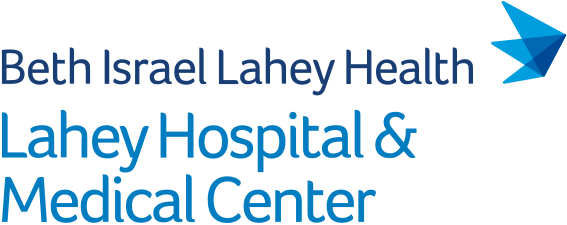Abstract
INTRODUCTION: Mobile health (mHealth) technology can play a critical role in improving disaster victim tracking, triage, patient care, facility management, and theater-wide decision-making.
PROBLEM: To date, no disaster mHealth application provides responders with adequate capabilities to function in an austere environment.
METHODS: The Operational Medicine Institute (OMI) conducted a qualitative trial of a modified version of the off-the-shelf application iChart at the Fond Parisien Disaster Rescue Camp during the large-scale response to the January 12, 2010 earthquake in Haiti.
RESULTS: The iChart mHealth system created a patient log of 617 unique entries used by on-the-ground medical providers and field hospital administrators to facilitate provider triage, improve provider handoffs, and track vulnerable populations such as unaccompanied minors, pregnant women, traumatic orthopedic injuries and specified infectious diseases.
CONCLUSION: The trial demonstrated that even a non-disaster specific application with significant programmatic limitations was an improvement over existing patient tracking and facility management systems. A unified electronic medical record and patient tracking system would add significant value to first responder capabilities in the disaster response setting.
